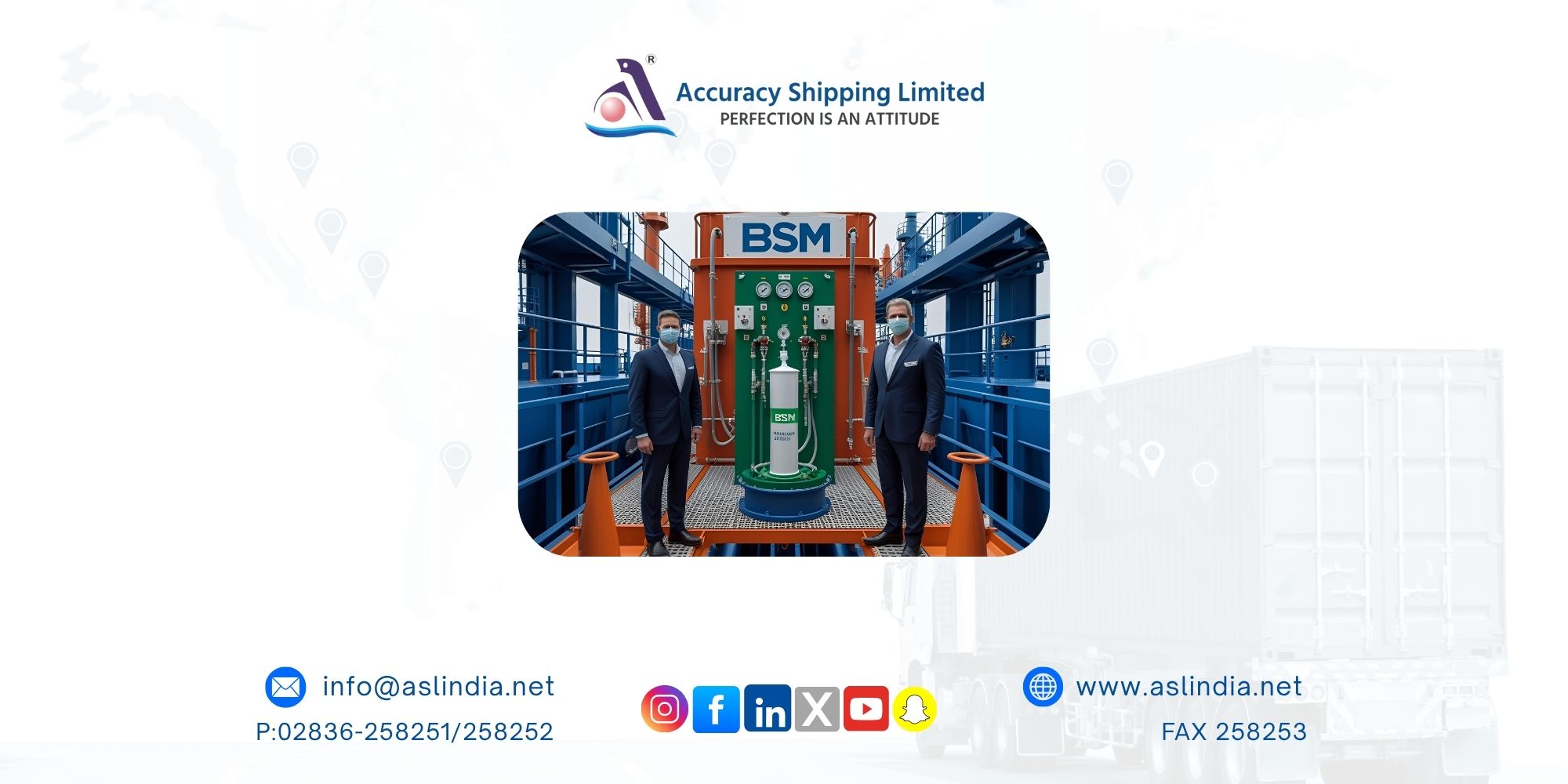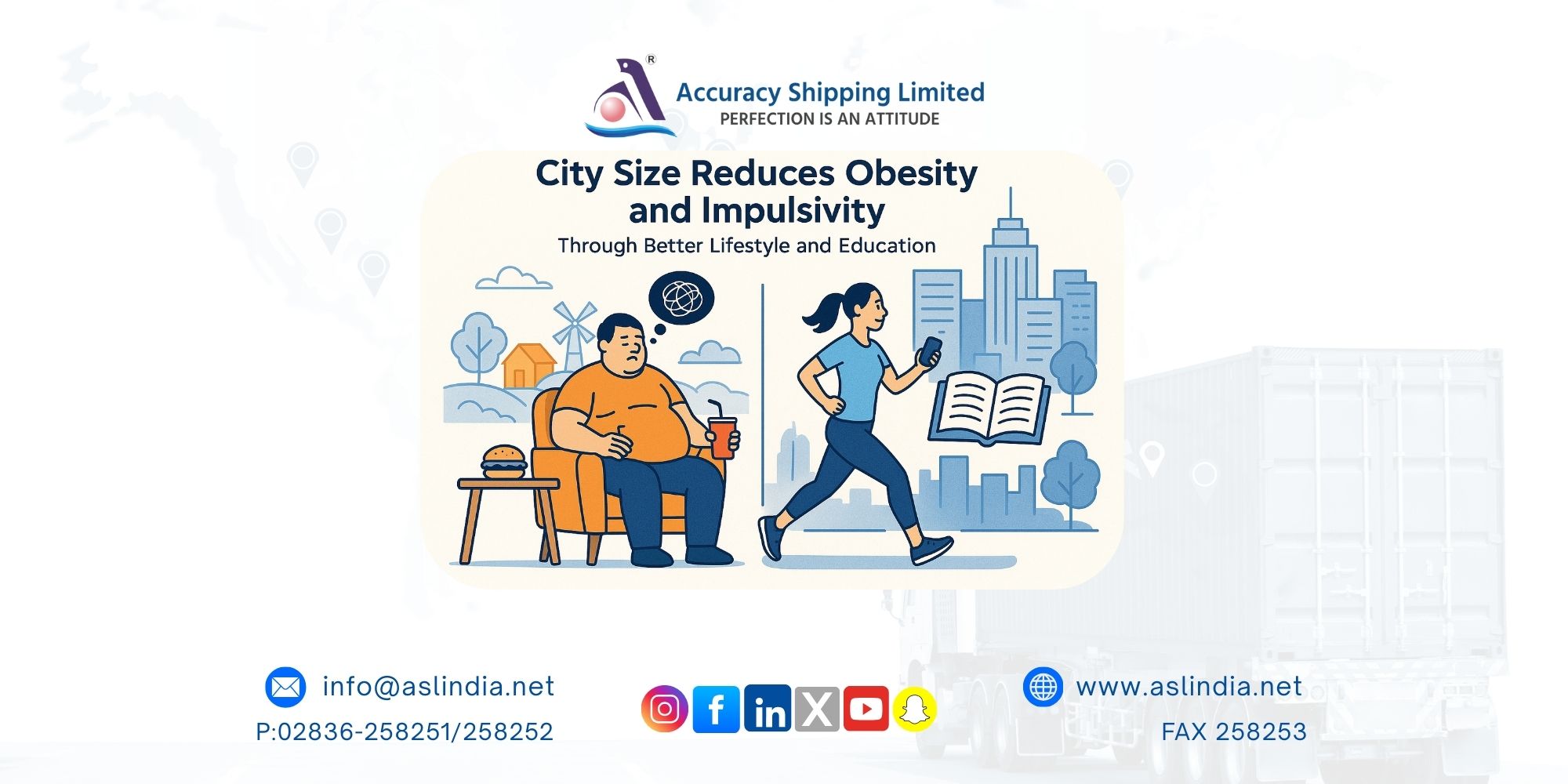BSM unveils methanol bunkering simulator to equip seafarers for greener shipping

As the maritime industry charts its course towards a low-carbon future, Bernhard Schulte Shipmanagement (BSM) is steering ahead with a groundbreaking initiative to build a future-ready, eco-conscious maritime workforce. BSM has unveiled its first-ever methanol bunkering simulator at the BSM Maritime Training Centre in Kochi, India, marking a significant milestone in maritime decarbonisation and crew preparedness.
A Partnership for Progress
Developed in collaboration with Wärtsilä, a global powerhouse in maritime technology, the simulator is tailored to equip seafarers with the practical skills and technical expertise to safely handle methanol a clean alternative fuel rapidly gaining traction in the shipping world. With safety, efficiency, and sustainability at its core, this state-of-the-art training module empowers crew members to adapt confidently to the evolving fuel landscape.
Preparing for the Next Wave: Ammonia Simulation in 2026
BSM’s commitment to clean energy doesn’t stop at methanol. A complementary ammonia bunkering simulation module is slated for rollout in early 2026, expanding the company’s holistic approach to training for low- and zero-carbon vessels. This addition reinforces BSM’s long-term training strategy and its role in enabling safe and sustainable maritime operations.
Global Expansion of Simulation Capabilities
By the end of 2025, BSM will install two more methanol bunkering simulators at its Maritime Training Centres in Poland and the Philippines. This global expansion ensures that high-impact alternative fuel training reaches seafarers across key shipping regions. Meanwhile, the Kochi centre will be enhanced in Q1 2026 with a dedicated ammonia training setup, complementing existing LNG hub training to offer full-spectrum coverage of the industry’s three main decarbonisation fuels LNG, methanol, and ammonia.
Bridging Training with Fleet Evolution
This proactive investment in simulation and crew training is aligned with BSM’s operational trajectory. With BSM taking over the management of its first methanol-fuelled ships this year, having a well-trained crew is not just a priority it’s a necessity. The need is urgent: while only around 60 methanol-fuelled vessels operate globally today, over 350 such vessels are expected by 2030.
Upskilling the Trainers
Recognising the need for expertise at all levels, BSM is also investing in its trainers. Its participation in the world’s first Train-the-Trainer programme on Alternative Fuels for Sustainable Shipping, held in Shanghai by the IMO and World Maritime University, ensures BSM’s instructors are aligned with the latest international standards and methodologies, including those of the IMO's IGF Code.
A Comprehensive Training Programme
To support the transition, BSM has launched a suite of training courses focused on the safe handling of methanol and ammonia fuels. These include:
Familiarisation courses on methanol and ammonia
Methanol firefighting courses
Simulation-based bunkering courses
Leading the Green Transition at Sea
BSM’s forward-looking investments in simulation technology and maritime education underscore its commitment to operational safety and environmental responsibility. By equipping today’s seafarers with the skills to handle tomorrow’s fuels, BSM is playing a vital role in powering a greener, safer, and more sustainable shipping industry.







